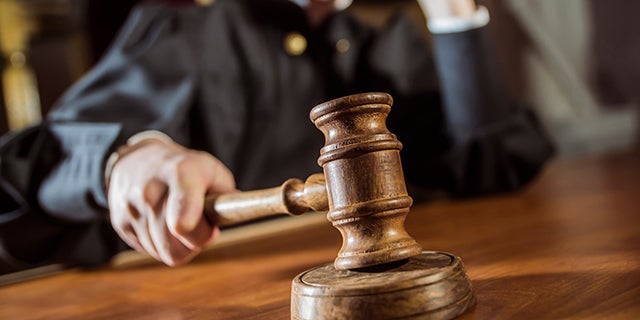Mississippi Senate snuffs tax on medical marijuana
Published 9:09 pm Thursday, February 11, 2021
The Mississippi Senate on Thursday night killed a bill that included a proposal to set a 7% sales tax on medical marijuana.
Mississippi residents voted by a wide margin in November to adopt Initiative 65, a constitutional amendment that authorizes medical marijuana in the state.
The initiative requires the state Health Department to create a program so marijuana can be available later this year to people with “debilitating” medical conditions. The long list includes cancer, epilepsy and sickle cell anemia.
However, the Mississippi Supreme Court is set to hear arguments April 14 in a lawsuit that is seeking to block the medical marijuana program.
During a Senate debate Thursday night, Republican Sen. Kevin Blackwell of Olive Branch said his proposal in Senate Bill 2765 was not intended to create a separate medical marijuana program from the one authorized by voters. Rather, he said his plan would have been a backup in case a court blocks Initiative 65.
The proposed sales tax was a new aspect, though. Initiative 65 did not include a tax.
Creating a new tax requires a 60% majority, and the vote Thursday night fell short of that: 30 senators voted yes, 21 voted no and one senator did not vote. At least 31 yes votes were needed.
Madison Mayor Mary Hawkins Butler filed the lawsuit that argues the initiative was improperly on the ballot because petitioners gathered signatures from outdated congressional districts. State attorneys say the petitioners were using guidance from a former attorney general.
Members of the state Board of Health said Feb. 3 that regulations for a medical marijuana program in Mississippi would be in place by a July 1 deadline, but they cautioned that it’s unclear how soon marijuana might be available to patients.
Aug. 15 is the deadline for the state to begin issuing licenses for dispensaries and cards for patients. The state health officer, Dr. Thomas Dobbs, said it could take six to nine weeks for growers to get viable plants for use in the program. He said the Health Department could try to “get a little ahead” of the July 1 and Aug. 15 deadlines.
More News






